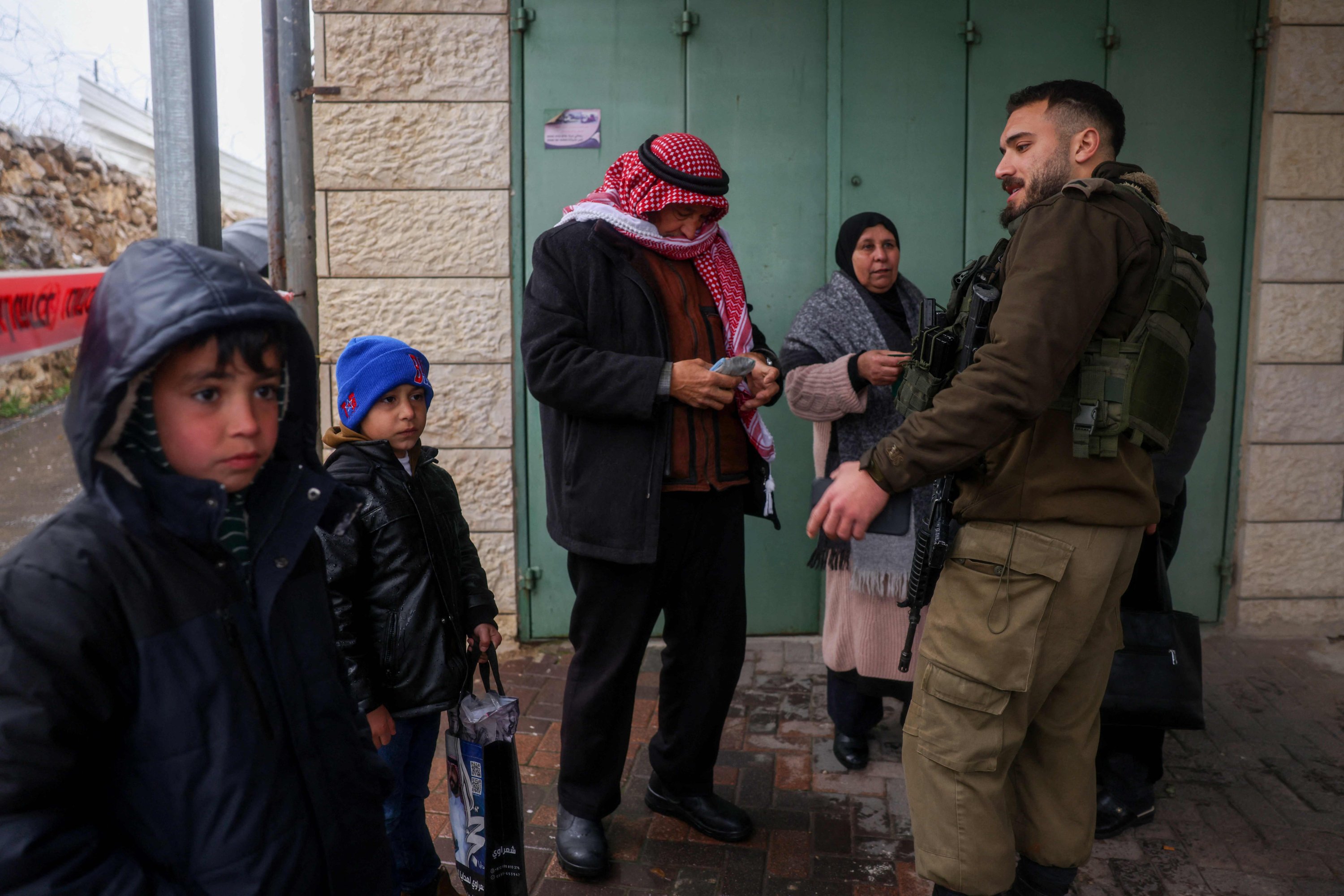© Turkuvaz Haberleşme ve Yayıncılık 2026
Israel has approved new restrictions on Palestinian access to Jerusalem's Al-Aqsa Mosque during Ramadan, limiting entry for Muslim worshippers from the occupied West Bank.
Starting Friday, a select group of worshippers – men aged 55 and older, women 50 and up, and children under 12 – will be allowed into the compound.
This follows a similar arrangement from last year, though the exact number of permitted worshippers was not disclosed.

The restrictions will apply only to those from the West Bank, who must undergo security screening to gain access.
The Israeli government emphasized that no such limitations would be placed on Arab Israelis, who can access the site without restrictions.
Al-Aqsa Mosque, located in Jerusalem's Old City, is a site of immense religious significance to Muslims.
Known as al-Haram al-Sharif (The Noble Sanctuary), it houses two major holy places: the Dome of the Rock and the Al-Aqsa Mosque, also called the Qibli Mosque, which dates back to the eighth century.
It is considered the third holiest site in Islam, after Mecca and Medina.
This announcement comes at the start of Ramadan, a month of fasting for Muslims.
However, the decision to impose restrictions has fueled tensions, as it coincides with increasing Israeli incursions into the mosque by Israeli settlers and tighter movement restrictions for Palestinians traveling from the West Bank to East Jerusalem.
The new measures reflect ongoing Israeli efforts to control access to the holy site.
Palestinians have long viewed these actions as part of a broader attempt to Judaize East Jerusalem and erase its Arab and Islamic identity.
In addition to limiting worshippers, Israel is bolstering security in Jerusalem, deploying more forces during Ramadan to maintain control and prevent potential unrest.
This marks a significant escalation in the measures Israel has imposed since the outbreak of the Gaza war on Oct. 7, 2023, which saw tighter controls on Palestinians traveling between the West Bank and East Jerusalem.
